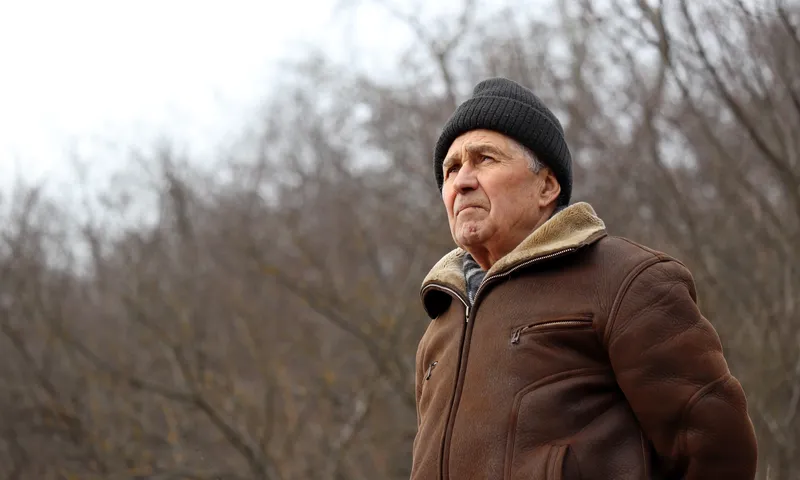Does Cold Weather Affect Parkinson's Disease

When temperatures drop, your body naturally stiffens. Reduced blood flow to the extremities and thicker joint fluid can limit flexibility and make movement feel more restricted. For people living with Parkinson’s disease, muscle stiffness and slow movements are already part of daily life and these cold-weather effects can feel even more pronounced. This leads many to ask: does cold weather actually affect Parkinson’s disease?
How Does Cold Weather Affect Parkinson's Disease?
Parkinson’s disease is a progressive neurological disorder that affects movement. It’s most commonly caused by the gradual loss of dopamine-producing neurons in the brain, particularly in a region called the substantia nigra. Symptoms tend to build slowly over time and often include tremors, muscle stiffness, slowed movement, and balance issues. Cold weather can make these symptoms feel more intense. Just as anyone might feel tight or sluggish in the cold, people with Parkinson’s may experience heightened stiffness, especially in their hands, feet, and limbs. Since colder muscles are less flexible, even simple tasks like walking, buttoning a shirt, or getting out of bed can become more challenging.
In addition to physical symptoms, cold weather may influence circulation. Reduced blood flow to the limbs can worsen that “heavy” or frozen feeling some people with Parkinson’s already struggle with. In some cases, bradykinesia (slowness of movement) can feel more severe during winter months, making routines that were manageable in warmer weather feel more taxing.
Mood changes may also come into play. Parkinson’s can affect dopamine levels, which are involved in mood regulation. Winter months often mean less sunlight, and with it, a higher chance of seasonal affective disorder (SAD) or depressive symptoms. These emotional shifts can have a ripple effect on energy levels, motivation to exercise, or sticking to a treatment routine.
What Can Help
Wearing warm, flexible layers can help reduce stiffness and make it easier to move. Keeping joints and muscles warm, especially in the hands and feet, can ease that cold-weather tightness. Staying active indoors with gentle stretching, chair yoga, or short walks around the house can also help keep muscles from tightening up too much.
It can be very beneficial to track how your symptoms change with the seasons. If winter makes things worse, your doctor or physical therapist may adjust your medication, add new exercises, or suggest using mobility aids more often. Even small changes, like using heating pads, warm baths, or moving more in the morning, can make a big difference in managing symptoms when temperatures drop.
Takeaway
Cold weather doesn’t cause Parkinson’s disease, but it can make the symptoms feel more intense. If you or a loved one notices greater stiffness, slowness, or mood shifts during colder months, know that you’re not alone and there are ways to adapt. Talk to your healthcare provider about how seasonal changes may be affecting your symptoms, and create a plan to stay warm, active, and supported all year round. A few thoughtful adjustments can help make winter a little easier to manage.
IMPORTANT NOTE: The above information is intended to increase awareness of health information and does not suggest treatment or diagnosis. This information is not a substitute for individual medical attention and should not be construed to indicate that use of the drug is safe, appropriate, or effective for you. See your health care professional for medical advice and treatment.


